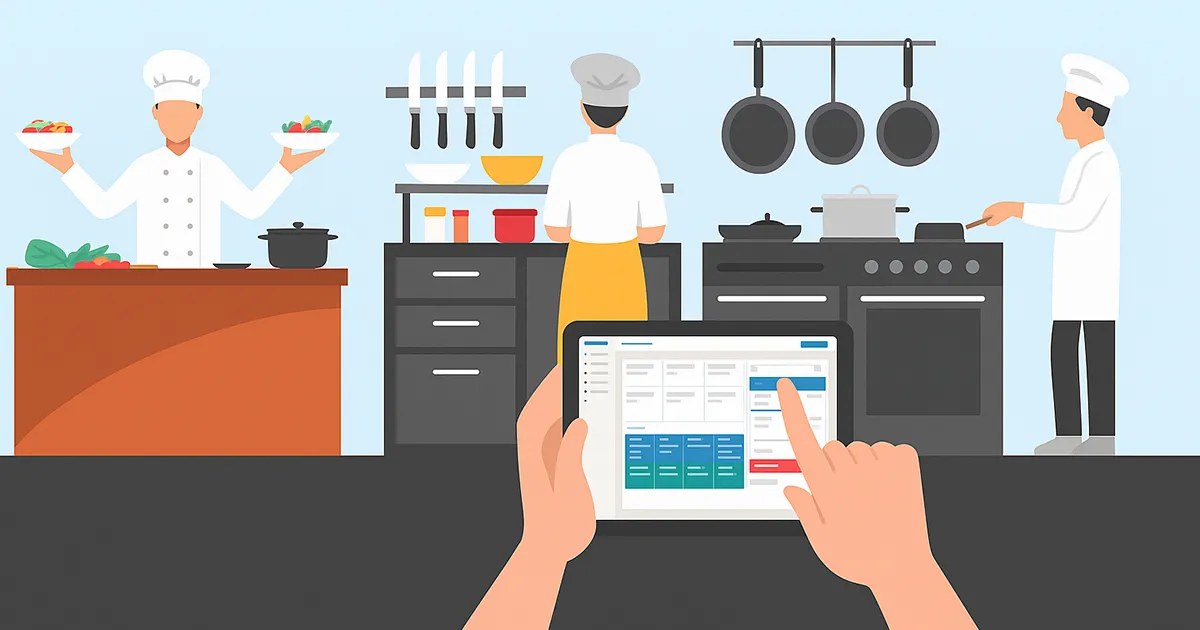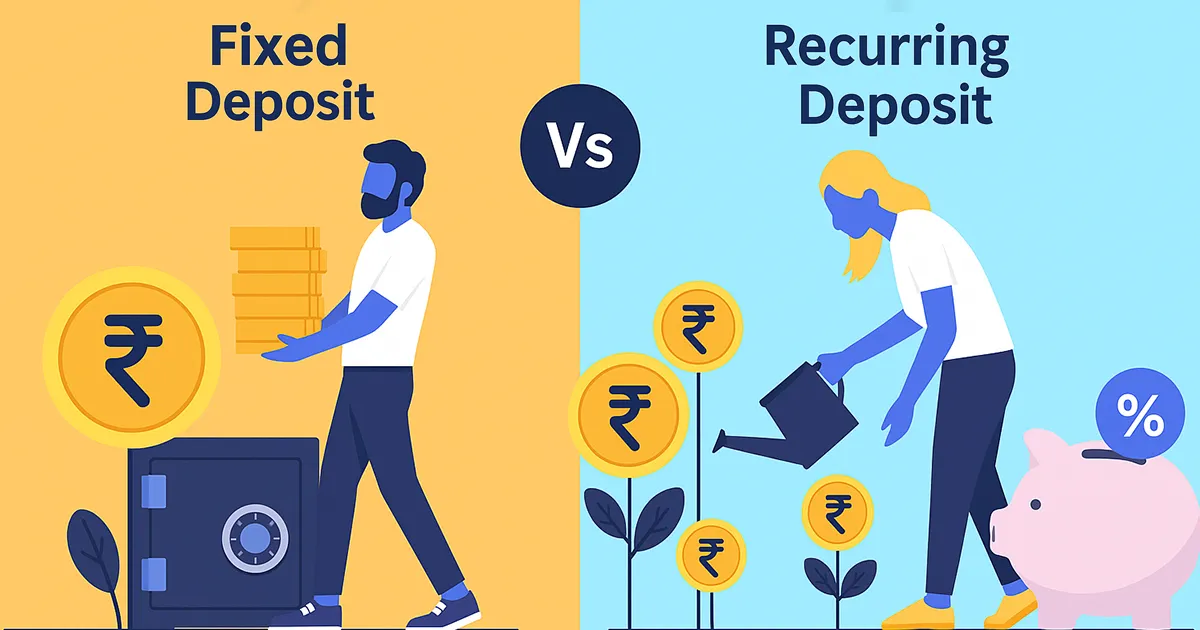
You can have the best biryani in town—but without the right licenses, your cloud kitchen can be shut down faster than your food gets cold.
Most new founders focus on menu, delivery, and packaging. Few realize that one missing FSSAI license or tax registration can kill your entire business before it starts.
This isn’t a boring list of laws. It’s a simplified, battle-tested checklist of legal and financial must-dos, tailored for Indian cloud kitchen founders. Whether you’re starting from home, co-working space, or setting up your own unit, this article will help you stay compliant, avoid fines, and understand what costs will haunt you monthly—and what can be optimized.
The moment you sell food commercially—even from home—you’re running a regulated food business.
A lot of new cloud kitchen owners mistakenly believe that small operations won’t attract attention. But every aggregator (Swiggy, Zomato, etc.) requires documentation upfront. And regulators take food safety seriously even for home kitchens. One customer complaint can lead to penalties, bans, or even closure.
Getting legally compliant does three crucial things:
The faster you handle compliance, the smoother your growth journey becomes.
Every serious cloud kitchen operator in India needs these registrations, no matter the size of the operation:
Every food business in India, regardless of its size, must obtain an Food Safety and Standards Authority of India (FSSAI) license to legally operate.
The FSSAI license number should be clearly displayed on your food packaging and visible on delivery apps.
While GST registration is mandatory after ₹20 lakh/year turnover, many small kitchens register early because:
Apply online via GST portal.
Issued by local municipal corporations. Confirms you’re authorized to operate a food business in your area (especially important for rented spaces).
For fully commercial kitchens or shared spaces, fire NOC may be required. Even if operating from home, ensure basic safety:
Applies if you hire staff or operate fixed working hours. Formalizes wage structures and labor rules for small businesses.
The structure you pick impacts your tax filings, liability, and ability to scale.
Tip: You can start as a sole proprietor and switch later—but aligning structure with long-term plans saves effort.
Many home-based founders make the mistake of managing all kitchen finances through their personal bank accounts. While it may seem easier at first, it creates confusion as the business grows, making it difficult to track income, manage expenses, and handle tax filings.
Why keeping a separate business account matters:
Even for small cloud kitchens, most banks offer sole proprietorship current accounts with basic documents like PAN, Aadhaar, and business registration certificates.
If you’re unsure about how many accounts you should maintain for your business and personal finances, we’ve broken it down in detail in our separate guide: How Many Bank Accounts Should You Really Have? Let’s Break It Down.
Running a cloud kitchen isn’t only about cooking and delivery — it’s also about staying financially organized. Messy records may not hurt you at first, but they always catch up when tax filings or audits come around.
Proper tax compliance gives your business legitimacy and reduces headaches if you plan to scale or apply for loans later.
You don’t need complex accounting software when you’re just getting started. But you do need:
A simple spreadsheet is often enough to handle your initial financial tracking. As your volume grows, you can graduate to simple online tools like Zoho Books, Vyapar, or a local CA who handles filings on your behalf.
Most new kitchens focus entirely on food and delivery — but visibility and legal upkeep are two silent areas where many fail.
Allocating even a modest marketing budget from the start allows you to:
Even small ad spends (₹2,000–₹5,000 monthly) can generate early momentum if targeted well.
If you’re unsure where to start with promotions, influencer tie-ups, or platform rankings, check our full guide on Cloud Kitchen Marketing Guide: How to Make Your Brand Stand Out & Get More Orders — where we break down actionable marketing strategies specifically for cloud kitchens.
Licenses need renewals. GST filings happen monthly or quarterly. Trade license renewals, professional CA fees, and digital payment processing fees all add up.
Ignoring these is one reason many new kitchens struggle with cash flow despite strong sales.
| License / Registration | Purpose | Mandatory? | Apply At |
|---|---|---|---|
| FSSAI Registration | Food safety & quality compliance | Yes | FSSAI Portal |
| GST Registration | Tax compliance & input credit | Above ₹20L turnover | GST Portal |
| Trade License | Local business operation permission | Yes | Municipal Corporation |
| Fire Safety NOC | Fire safety clearance (if applicable) | Depends on setup | Local Fire Department |
| Shops & Establishments Act | Employment compliance | If hiring staff | State Government Portal |
| Business Bank Account | Separate business financials | Recommended | Commercial Bank |
| UPI / QR Setup | Direct customer payments | Recommended | Paytm, Google Pay, Razorpay |
You’re Not Building a Kitchen — You’re Building a System.
Most people think they’re starting a food business. In reality, you’re building an entire system — one that includes legal paperwork, financial discipline, operational flow, and brand management.
A kitchen can fail even if the food is great, simply because the backend was neglected. But a well-structured cloud kitchen doesn’t just serve meals — it serves consistency, trust, and sustainability.
Before your first order leaves the kitchen, your systems should already be working in the background: licenses cleared, accounts separated, finances tracked, and compliance under control.
That’s not extra work — that’s your foundation. Because once your backend is strong, the front-end — the food, the delivery, the growth — becomes much easier to scale.
Share with like-minded people!
Lorem Ipsum is simply dumy text of the printing typesetting industry lorem.

Marketing your cloud kitchen isn't just about discounts. This guide shows you how to build brand visibility, attract loyal customers, and drive consistent growth even in competitive delivery markets.

Before your cloud kitchen starts taking orders, you need more than just great food. This complete legal and financial checklist helps you secure licenses, handle taxes, set up accounts, and avoid the most common mistakes that cause new kitchens to fail.

Starting a microgreens business? Don’t repeat the usual mistakes. This guide reveals why many fail—and what you can do differently to succeed.

Starting a microgreens business? Don’t repeat the usual mistakes. This guide reveals why many fail—and what you can do differently to succeed.

Starting a microgreens business? Don’t repeat the usual mistakes. This guide reveals why many fail—and what you can do differently to succeed.

Starting a microgreens business? Don’t repeat the usual mistakes. This guide reveals why many fail—and what you can do differently to succeed.